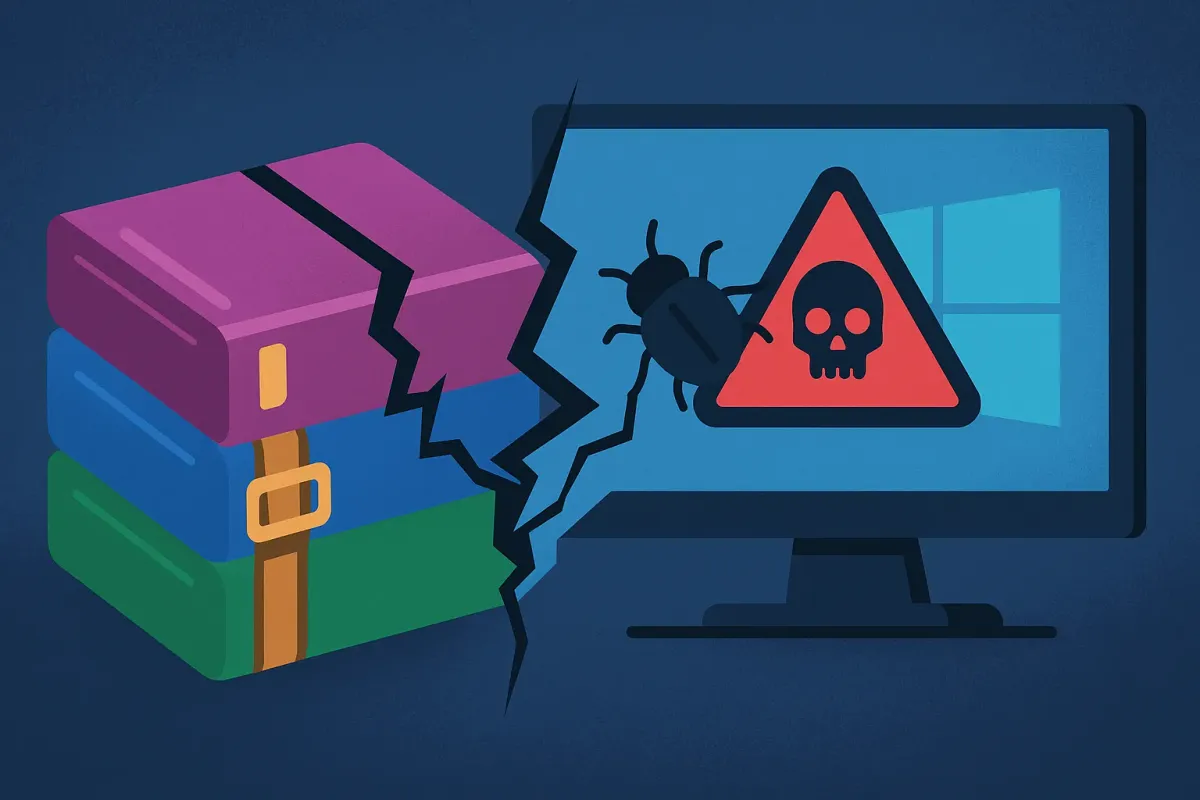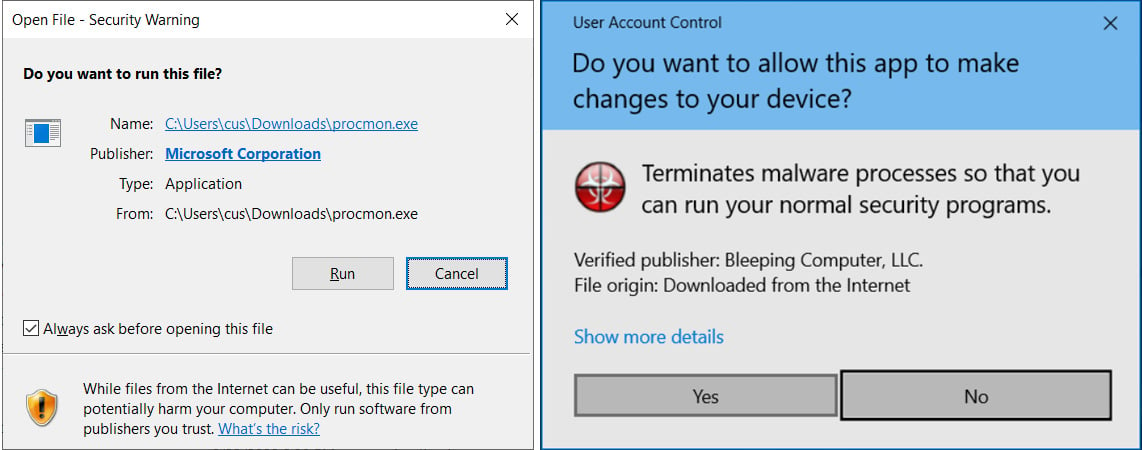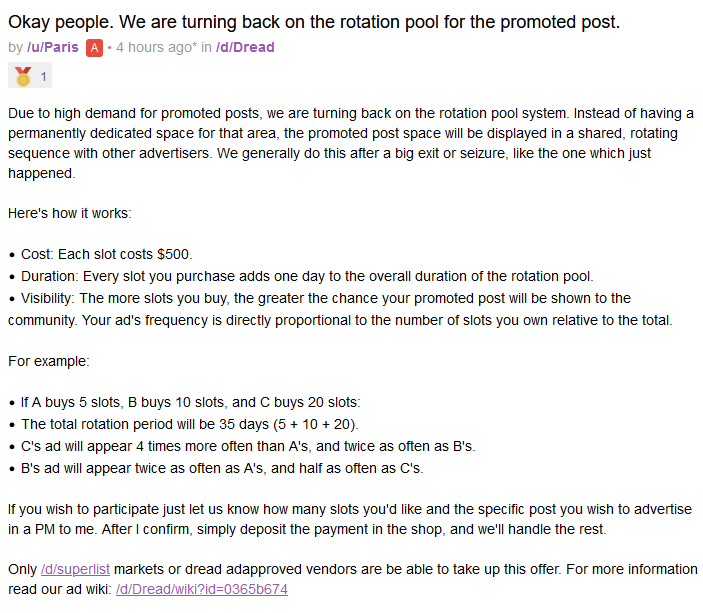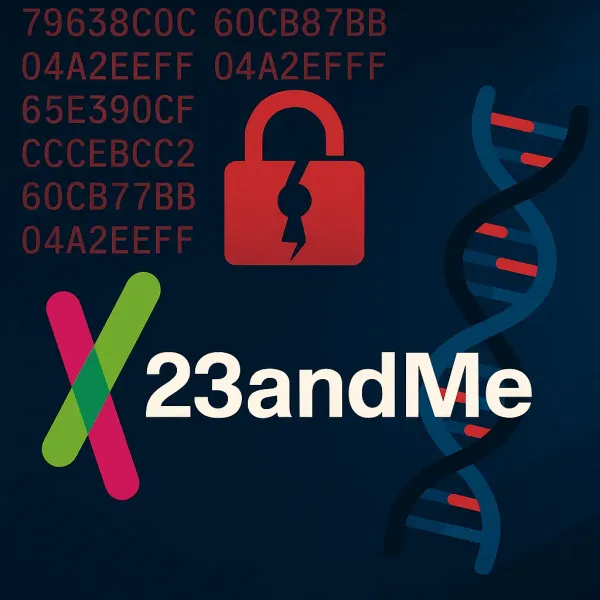WinRAR Exploit Lets Malware Bypass Windows Security Without Warning
A flaw in WinRAR versions prior to 7.11 allows attackers to bypass Windows' Mark of the Web (MotW) security checks using symlinks, enabling silent execution of malicious code. This vector, CVE-2025-31334, reflects a broader pattern of systemic failure in Microsoft’s layered security model.

Windows security once again fails at the point where it pretends to offer user control. The latest vulnerability, CVE-2025-31334, affects all versions of WinRAR except 7.11 and enables attackers to circumvent the Mark of the Web (MotW)—the OS’s built-in metadata flag that triggers a warning when launching internet-sourced files.
MotW is implemented via an NTFS alternate data stream tagged as zone.identifier. If present, it prompts users before executing potentially unsafe files. But Microsoft’s sandbox logic gets blindsided here: an attacker can use a symbolic link (symlink) embedded in a RAR archive, crafted to point to an executable file, which WinRAR will launch without respecting the MotW.

Key flaw: WinRAR ignored the MotW tag on symlinked executables if launched from its own shell. This allows arbitrary code execution without a single warning prompt, essentially nullifying the MotW security layer.
The catch is that creating symlinks in Windows requires admin privileges. But in most enterprise compromises, that’s not a limitation—it’s the starting point. Initial access via phishing, followed by privilege escalation, makes this flaw highly useful in multi-stage attacks.
WinRAR’s changelog admits to the oversight:
“If symlink pointing at an executable was started from WinRAR shell, the executable Mark of the Web data was ignored.”
This flaw was responsibly disclosed by Shimamine Taihei through Japan’s Information Technology Promotion Agency and patched in version 7.11.
But the deeper issue isn’t WinRAR. It’s Windows’ half-measure security policies and the illusion of control. Bypassing MotW is a tactic already exploited by Russian APTs via 7-Zip in 2024 to deliver Smokeloader. Like double-archiving, symlink redirection bypasses Windows' threat detection by exploiting its fragmented trust model.
Conclusion: Any security system that depends on metadata to enforce execution safety—especially when that metadata can be ignored or stripped—is not security. It's security theater.
Patch WinRAR. But don’t expect Microsoft to fix the foundational rot.




